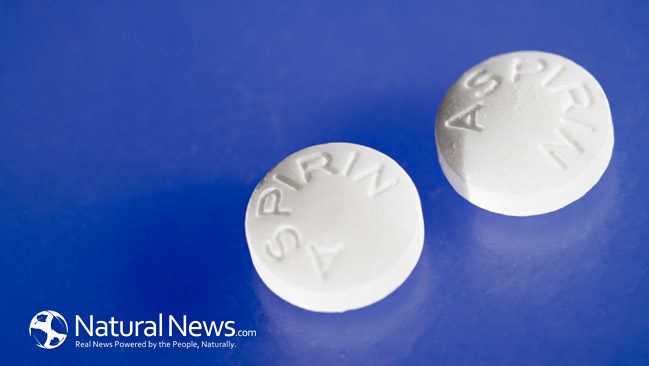Earlier this week, the U.S. Food and Drug Administration (FDA) refused a labeling request by Bayer AG, a German aspirin manufacturer. The FDA restricted Bayer AG from labeling their product’s value of preventing heart attacks and strokes in people who have not had cardiovascular disease.
The effects of aspirin
Aspirin is a product noted for treating inflammation, arthritis, and pain. Previous scientific studies show that people who take this product each day help to prevent getting a stroke or heart attack. However, the FDA explains that taking an aspirin daily helps prevent heart attacks and strokes in some people, not everyone. Moreover, taking aspirin daily has some detrimental side effects.
Dr. Robert Temple, deputy director for clinical science at the Food and Drug Administration (FDA), describes a “secondary prevention” method, that is, taking a low-dose aspirin tablet of 80 milligrams (mg), opposed to a regular strength tablet at 325 mg. Dr. Temple explains, “Since the 1990s, clinical data have shown that in people who have experienced a heart attack, stroke or who have a disease of the blood vessels in the heart, a daily low dose of aspirin can help prevent a reoccurrence.”
On the other hand, the FDA has not found any evidence supporting whether aspirin helps as a “primary prevention” method, which is when people who have not had cardiovascular problems, strokes, or heart attacks take low doses of aspirin. In fact, a person who takes this drug daily is at risk of contracting dangerous bleeding in his or her stomach or brain.
The benefits of aspirin
Though Bayer AG cannot label their aspirin product as a primary prevention for people who want to prevent getting a stroke or heart attack, there are some benefits of taking aspirin, according to the FDA. For instance, aspirin can help by impeding your body’s blood clotting action. When a person has a heart attack, it’s because a clot has developed in one of the coronary arteries, blocking the flow of blood and oxygen to the heart. Again, aspirin interferes with your body’s blood clotting ability.
However, the FDA warns that taking aspirin as a blood thinner is quite dangerous since it is capable of causing unsafe side effects when combined with other blood thinner medication, like apixiban (Eliquia), rivaroxaban (Xarelto), warafarin, or dabigatran (Pradaxa).
For your safety and health, consult your health care professional if you’re considering taking aspirin daily. They can recommend how much aspirin and what dosage you should take, if any. In addition, the FDA also recommends that consumers should carefully read all labels to make sure they choose the right product.












